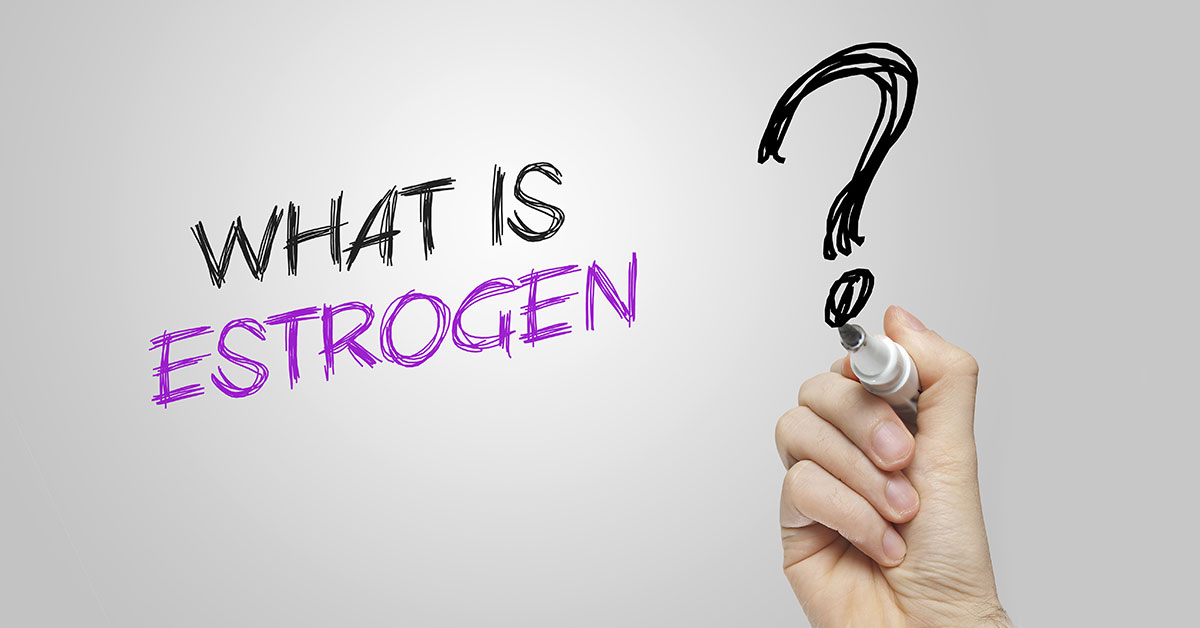THE TESTOSTERONE TEST – It’s Encyclopedic
Denver, test this: what’s the first thing you think of when you hear the word “Testosterone”?
- Sex
- Masculinity
- Aggressive
- Brave
- Adultery
- Selfishness
- Unromantic
- All of the above
If you’re a woman who’s ever been burned by what you think is an over-testosterone-loaded guy, ALL OF THE ABOVE would be the best answer. So, let’s really talk “testosterone”. Produced mainly in the testicles, testosterone has a crucial role in a number of body functions, including: development of male sex organs, the growth of body hair, deepening of the voice in puberty, sperm production (swim, little guys, swim…) It also improves muscle mass and bone density and will also have a positive effect on the heart, brain and blood vessels. Fact is, it affects nearly every cell in the male body.
But Surprise…
Here’s a few facts that might raise an eyebrow or two:
- Men newly in love, have lower testosterone levels than men flying solo or with a long-term partner
- Testosterone can shrink your belly fat
- Making money affects your testosterone level–young men who are futures traders get a testosterone spike on days when they make an above-average profit, British researchers found
- Too much can shrivel testicles–in men, taking steroid hormones such as testosterone as performance boosters can cause testicles to shrink and breasts to grow
- Sports fans get a winner’s boost–after a big sports game, the winner’s testosterone will increase substantially. And fans’ hormone levels seem to mirror those of their athletic idols. (Enough to get you off the couch, couch potatoes?)
- It’s not the fountain of youth
- Low levels are linked to sleep apnea
- Too much may kill brain cells (Duh…)
- Amazing hormone, this testosterone.
Estrogen? Not Me. No way. No how.
A male begins to produce testosterone as early as seven weeks after conception. Testosterone levels rise during puberty, peak during the late teen years, and then level off. After age 30 or so, it’s normal for a man’s testosterone levels to decrease slightly every year. As testosterone levels in men decrease, their estrogen levels increase. Oh yeah, sorry guys. You’ve got estrogen. (But then women have testosterone) Messed up as it may seem, it’s fact. But not to worry, the normal increase in testosterone is not going to make you want to go all Caitlin Jenner. So, here’s the million-dollar question tearing through your minds; why is estrogen important for men? It’s not the kind of question men discuss in gym locker rooms, the 9th hole or around a poker table. But estrogen plays an important role in men’s overall health. Too little estrogen can predispose men to osteoporosis and lead to bone fractures. Slightly elevated levels double a man’s risk of stroke and even higher incidence of coronary artery disease. Men with higher blood estrogen levels may be at higher risk for enlarged prostate or prostate cancer.
It’s All in The Balance
Like all the hormones coursing through our bodies sending signals to the organs to work or not, testosterone is no different. It’s sort of like Goldilocks and the Three Hormone Levels. This one is too low, this one is too high, this one is just right. Low testosterone (low T) can be caused by everything from kidney or liver disease to certain types of cancer. High estrogen can be caused by everything from too much alcohol to too many carbs. Balance, comes from an expert in hormone therapy, and you’re fortunate to have one of the best here in the Denver area— Stephen A. Goldstein M.D., F.A.C.S. at Denver Hormone Health. He understands, he’s easy to talk to about such a delicate subject with, and more importantly, he knows what to do to help. With simple tests, he can target your problem, then create a treatment plan exclusively for your issues.
More than any other specialist, he passes the test.


